
The chief of Public Service Transport Enterprise seems upbeat about expanding operations outside of Addis Abeba following the delivery of locally-assembled buses.
Frehiwot Tiliku, the Enterprise’s director general, has been contemplating spreading outside Addis Abeba for the last three years. Her ambitions are a step closer to reality after the Enterprise received half of the 50 buses it ordered from the state-owned Ethio Engineering Group (EEG) last week. Equipped with GPS tracking devices and seats for 49 passengers, each bus cost nine million Birr. About nine of these are fitted with a wheelchair-accessible ramp.
“We plan to reach every corner of the country," said Solomon Ambachew, communications director. "Eventually.”
Frehiwot was appointed two years ago to manage the Enterprise. Its 460-bus fleet serves over 100,000 commuters, most of whom are employed by the civil service. Established in 2015, the Enterprise travels to over 50 destinations in the capital. More than half of its 900 employees are drivers.
The buses the Enterprise acquired last week were assembled at the Bishoftu Automotive Engineering Industry, one of the nine industries operating under the Group.
Experts, however, are not enthusiastic about the plan. It baffles them that the Enterprise looks to venture outside the capital while the transportation crisis grips commuters in Addis Abeba.
“Unlike the city, there is no shortage of buses travelling across regions,” said Birhanu Zeleke (PhD), lecturer of transport management at Kotebe Metropolitan University.
The Addis Abeba Transport Bureau is under pressure to serve the swelling needs of a growing population. No less than 8,000 minibuses are deployed in the capital by the Bureau under the leadership of the recently appointed Mitiku Asmare. He replaced Dawit Yeshitla, who has run the Bureau since 2019.
Mitiku dispatched about 1,500 buses, including 650 operated by Anbessa City Bus Services Enterprise, which serves an estimated 650,000 commuters daily. Sheger Mass Transportation Services Enterprise also runs a fleet of 425 buses, ferrying an estimated 400,000 commuters.
The delivery of the buses is part of a larger deal the Addis Abeba City Administration minted with the Group two years ago for the supply of 3,000 buses to be distributed between Sheger, Anbessa and the Public Service Transport Enterprise.
Formerly the Metals & Engineering Corporation (MetEC), the Group was re-incorporated two years ago. Since its formation in 2011 to lead Ethiopia’s industrialisation drive, its operations have been marred by allegations of corruption and inefficiency. The company has weathered a series of crises over the past couple of years, racking up large debts and causing delays to mega projects. The Group was expected to deliver the buses within a year of signing the agreement.
However, delivery was delayed. Eskender Girma, general manager of Bishoftu Automotive Engineering Industry, blames foreign currency shortages.
“We’re able to open a letter of credit last September,” he disclosed to Fortune. “The agreement was signed two years ago.”
Eskender says the remaining half of the fleet will soon be in the Enterprise’s hands.
“The assemblies of 15 buses have been completed,” he told Fortune.
To fill gaps created by delays in delivery, the Addis Abeba City Administration resorted to leasing 560 cross-country buses organised under 13 associations two years ago. The Transport Bureau assigned the buses to operate under Sheger, which doubled its routes to 93 after the backup arrived. Most of the routes connect the city centre to the outskirts. The buses with 45 and 65 passenger seats had been on duty six days a week until last April when they ceased operations following the failure of municipal authorities to renew their contracts and disburse delayed payments.
Although some of the associations rejoined after Tiratu Beyene, general manager of the City Administration, decided to pay them 160 million Br last month, the majority remained adamant. They declined to resume operations blaming escalating maintenance and fuel costs.
Only 150 of the buses have reported to duty, according to Samuel Assefa, general manager of Sheger.
Sheger joined the transport sector in 2016 with 150 buses supplied by Bishoftu.
Bishoftu Automotive assembles a variety of buses and trucks. It has delivered over 1,000 buses to the state-owned Anbessa and Sheger transport enterprises over the past decade, though it can assemble 5,000 vehicles annually. Two years ago, it invested 173 million Br into an expansion project to double its assembly capacity from knocked-down parts. For its latest contract, Bishoftu Automotive partnered with the Chinese Zhengzhou Yutong Group, a manufacturer of buses, commercial vehicles and construction machinery.
Incorporated in 1963, Zhengzhou Yutong manufactures up to 60,000 buses annually. It has sales offices in nearly 50 African countries, including Ethiopia, South Africa, Nigeria and Tanzania
PUBLISHED ON
Aug 13,2022 [ VOL
23 , NO
1163]

Featured | Sep 08,2024

My Opinion | Oct 05,2024
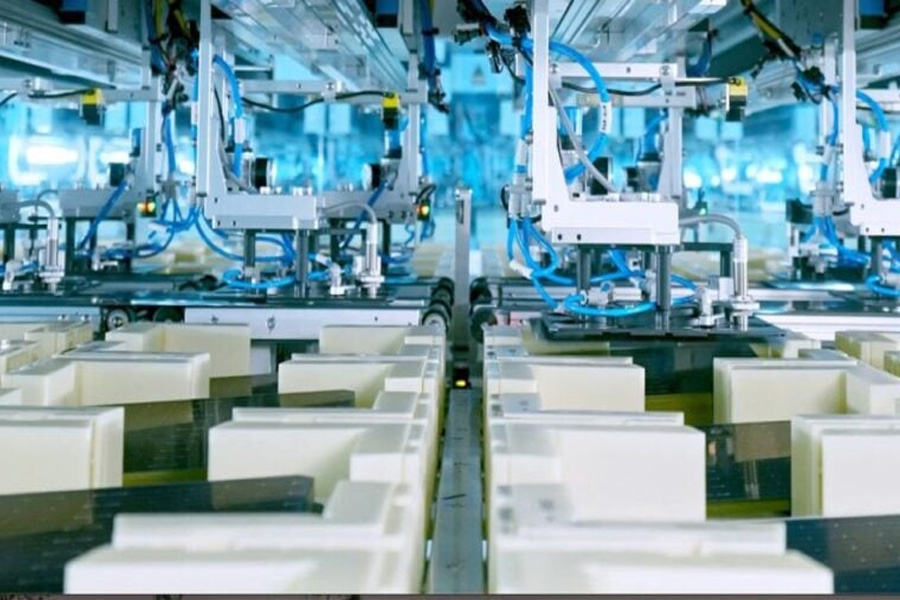
Radar | Oct 19,2024

My Opinion | Dec 07,2019

Life Matters | Jul 27,2024
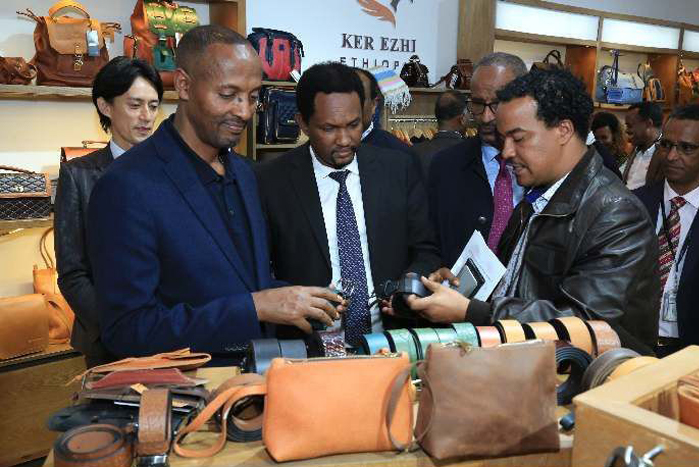
Radar | Sep 04,2022
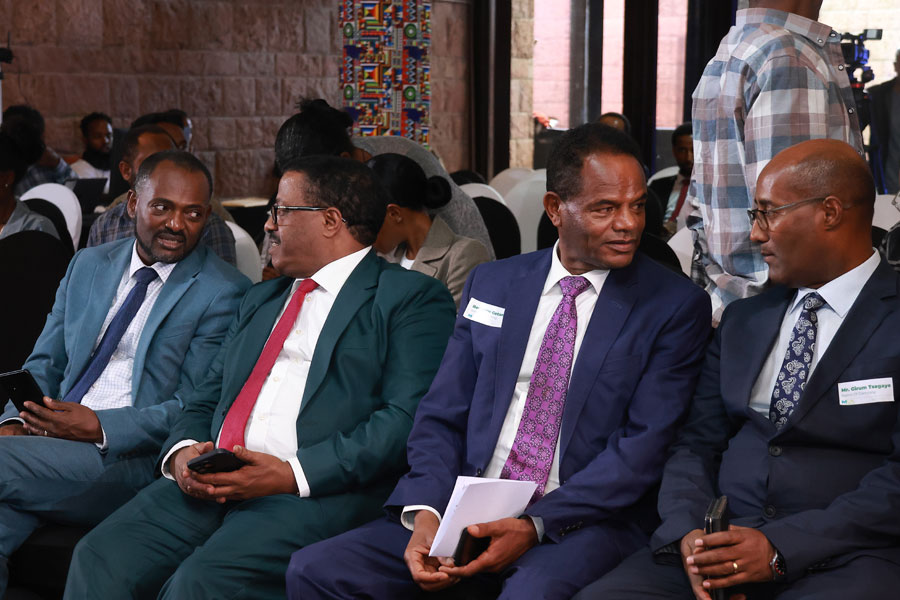
Fortune News | Mar 09,2024

Radar | Apr 24,2023
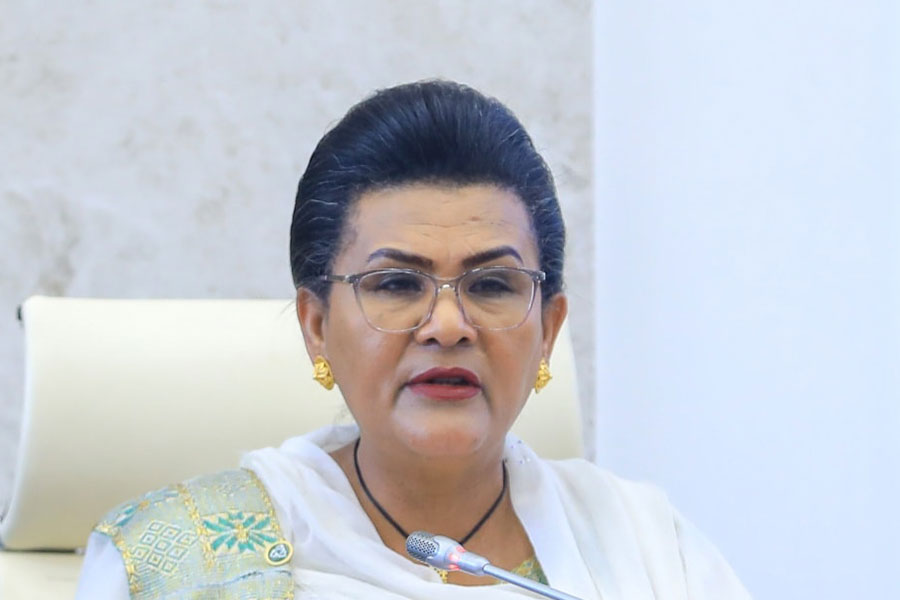
Fortune News | Jun 29,2025
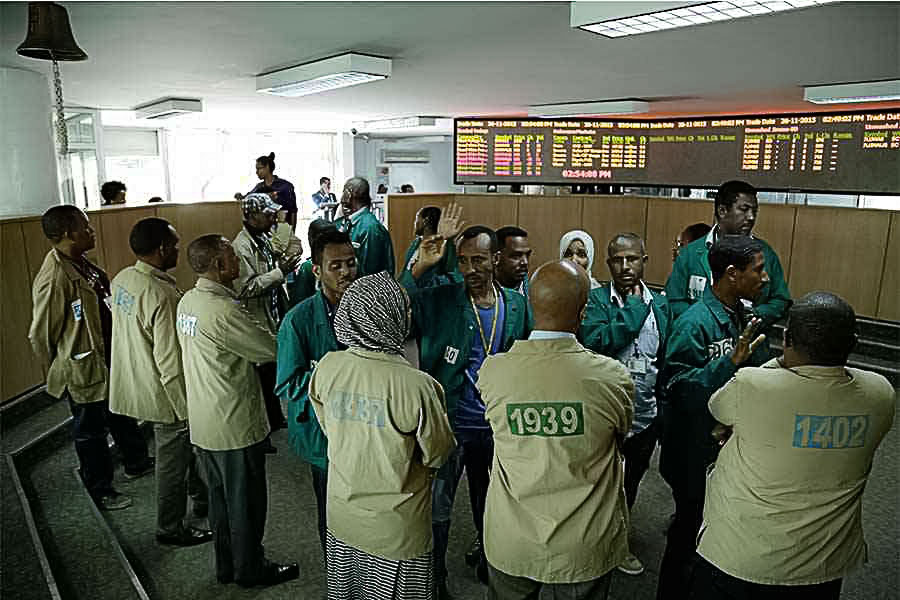
Fortune News | Oct 22,2022

Dec 22 , 2024 . By TIZITA SHEWAFERAW
Charged with transforming colossal state-owned enterprises into modern and competitiv...

Aug 18 , 2024 . By AKSAH ITALO
Although predictable Yonas Zerihun's job in the ride-hailing service is not immune to...

Jul 28 , 2024 . By TIZITA SHEWAFERAW
Unhabitual, perhaps too many, Samuel Gebreyohannes, 38, used to occasionally enjoy a couple of beers at breakfast. However, he recently swit...

Jul 13 , 2024 . By AKSAH ITALO
Investors who rely on tractors, trucks, and field vehicles for commuting, transporting commodities, and f...

Jul 12 , 2025
Political leaders and their policy advisors often promise great leaps forward, yet th...

Jul 5 , 2025
Six years ago, Ethiopia was the darling of international liberal commentators. A year...

Jun 28 , 2025
Meseret Damtie, the assertive auditor general, has never been shy about naming names...

Jun 21 , 2025
A well-worn adage says, “Budget is not destiny, but it is direction.” Examining t...